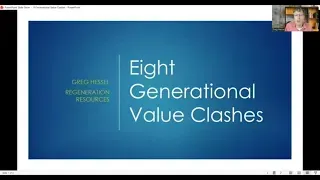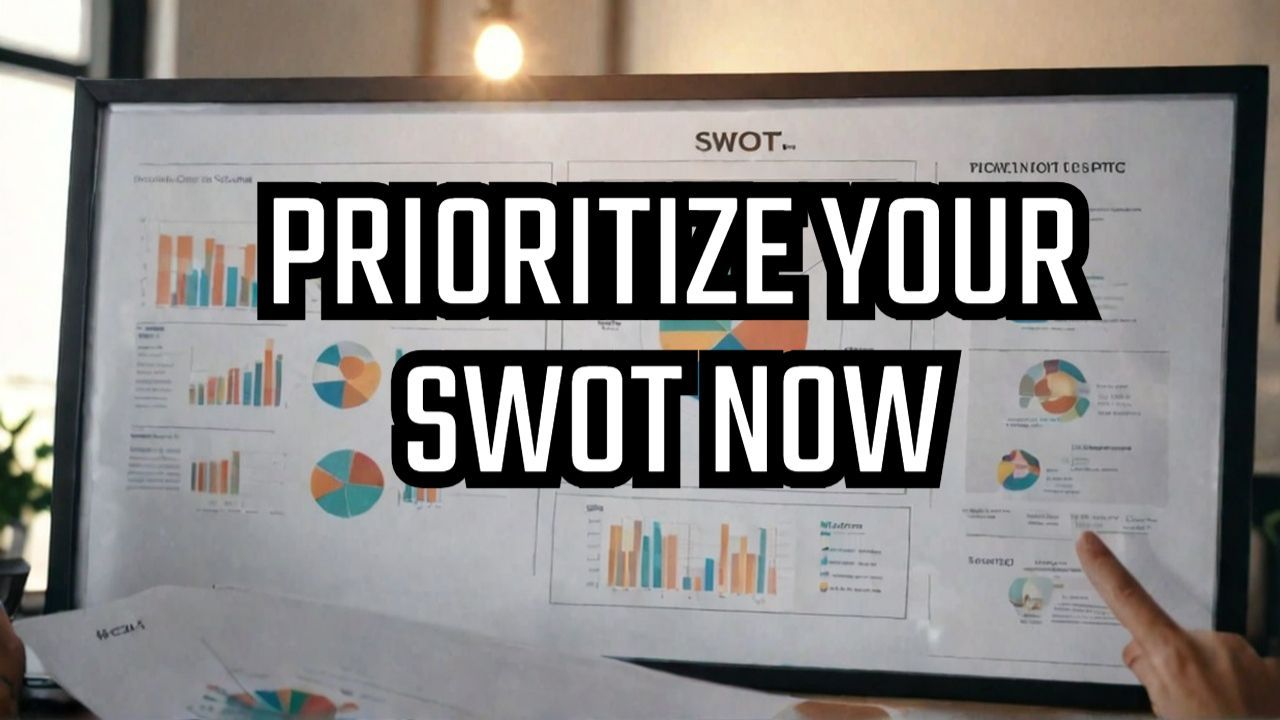Generational Differences: The Divide is Increasing
Generational Differences can Create Tension

For the last ten years, I've been watching generational values clash in the workplace. Baby Boomers, who often dictate the culture, generally value stability, hierarchy, authority and work ethic; Generation X values independence, balance and self-starters; Millennial value purpose, informality, fun, technology and efficiency. This can lead to Boomers complaining that the young workers "don't have a work ethic" while the younger workers complain that the Boomers are "stuck in the past" and are "work-a-holics". As if this were not enough, a fourth generation is entering the workforce: Generation Z. While we are still learning about Generation Z, they came of age during the Great Recession, and seem to value financial security as well as technology. True diversity is learning to not just tolerate, but to value, what those who are different from us value. Currently, I'm helping several organizations understand and respond to generational diversity. As an additional resource, I'm attaching a link to recent Wall Street Journal article exploring the ways in which different generations are impacting family foundations.
Every few months I produce a free newsletter. No Spam. Unsubscribe anytime.
For a taste, view the archives
SUBSCRIBE
Blogs and vlogs are sorted by topic at the bottom of each service page
STRATEGIC PLANNING
CHANGE MANAGEMENT
CONFLICT MANAGEMENT
TEAM BUILDING
ASSESSMENTS
EXECUTIVE COACHING
IMPROVING EFFICIENCY
BOARD DEVELOPMENT




